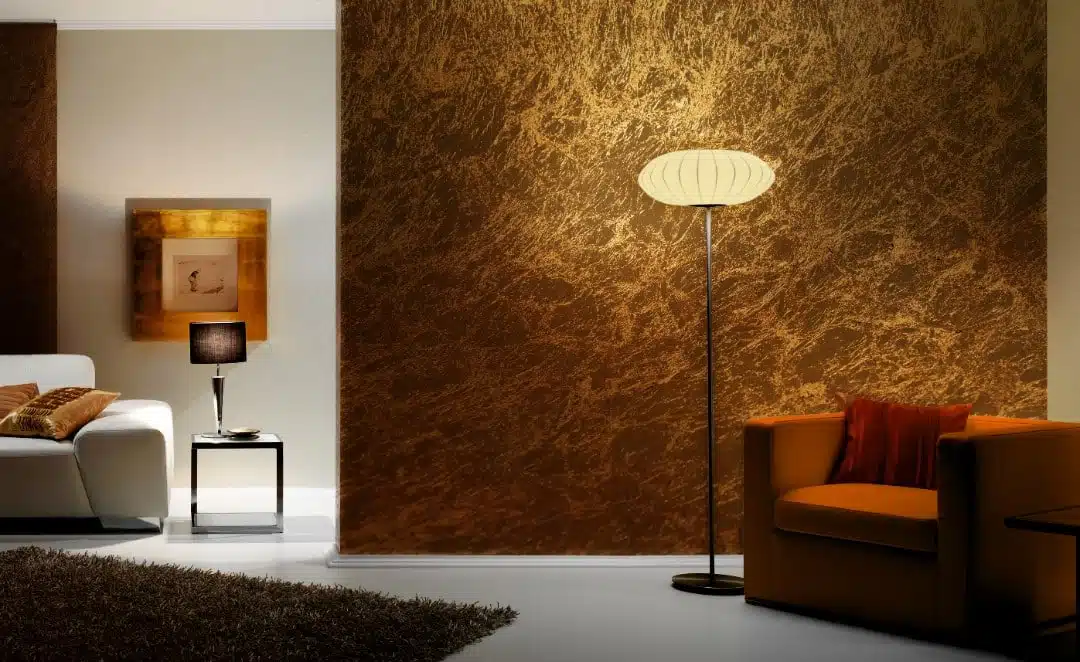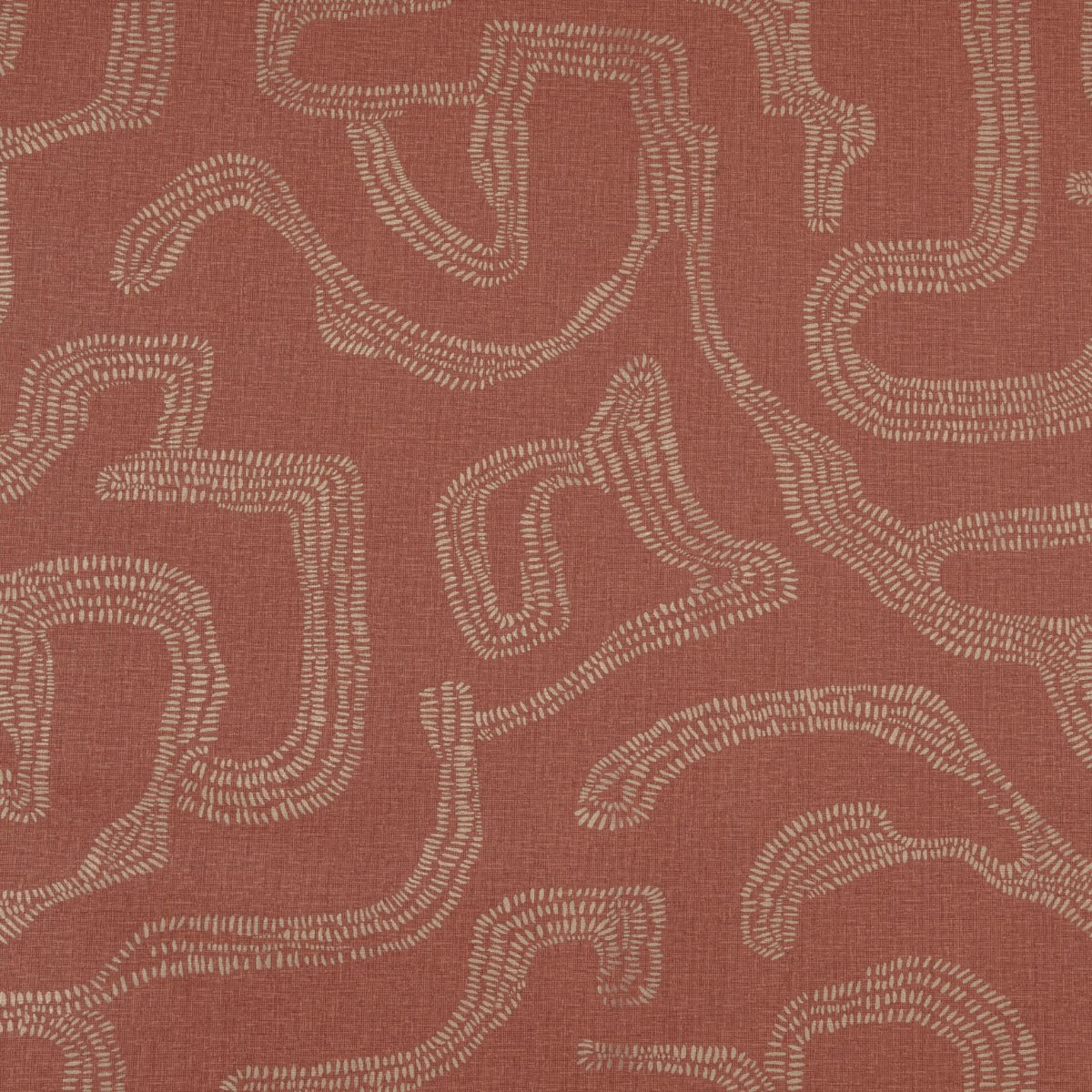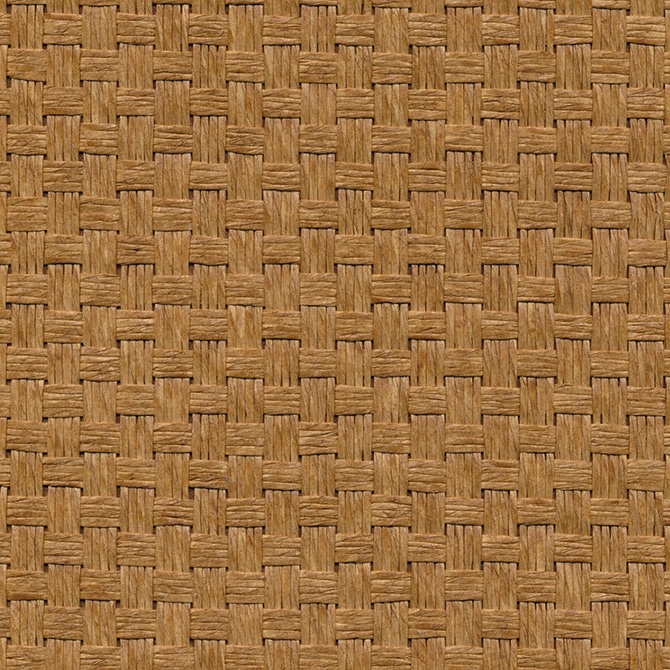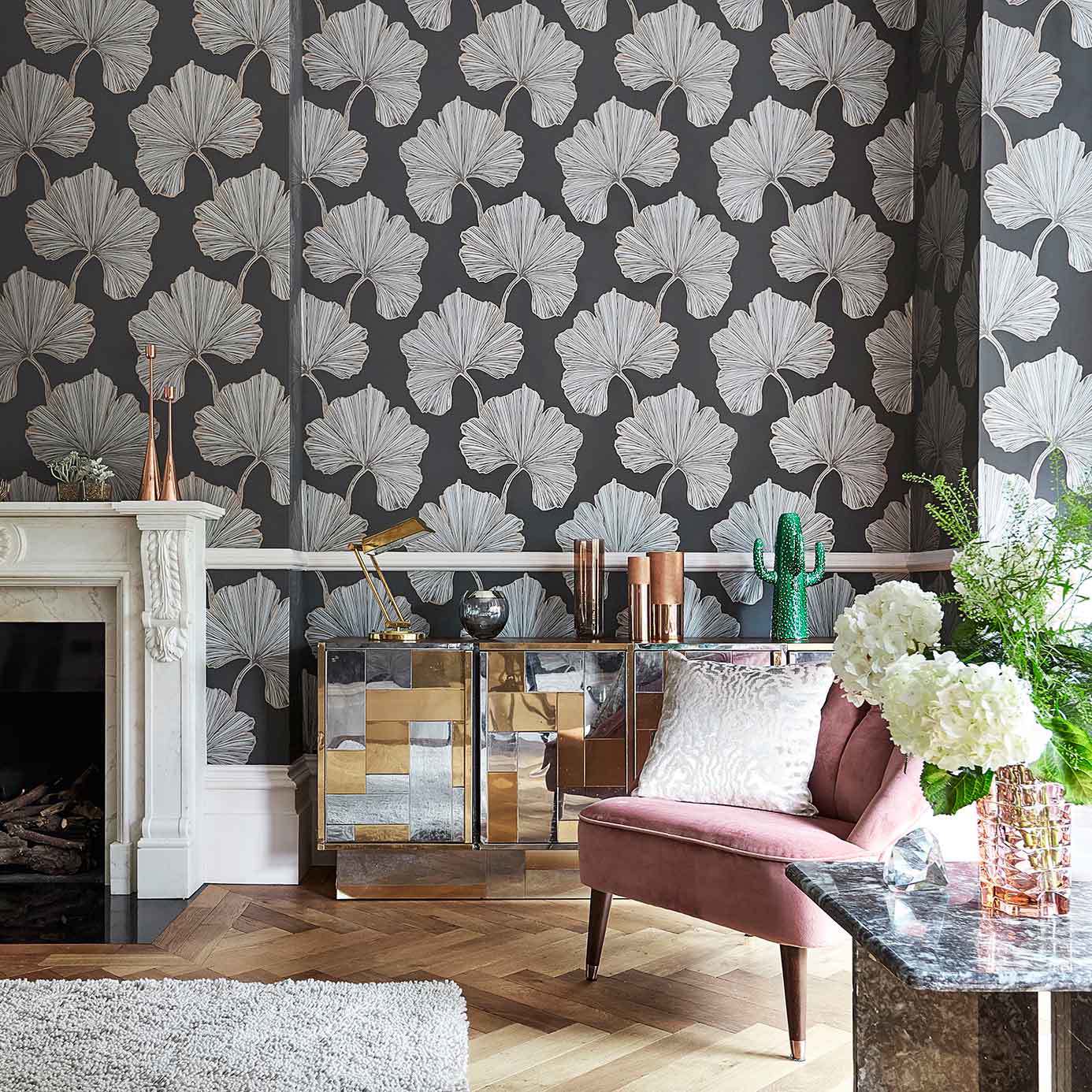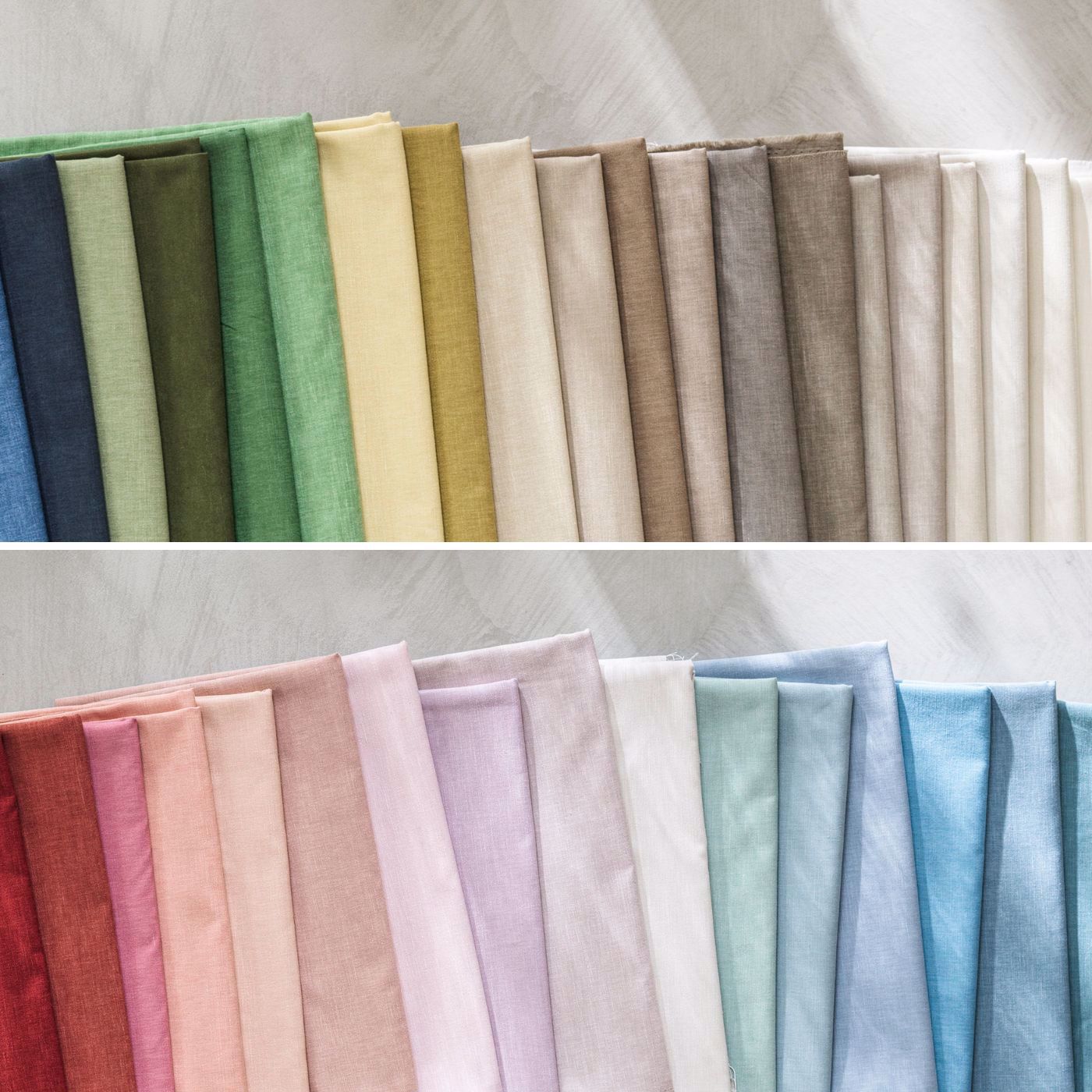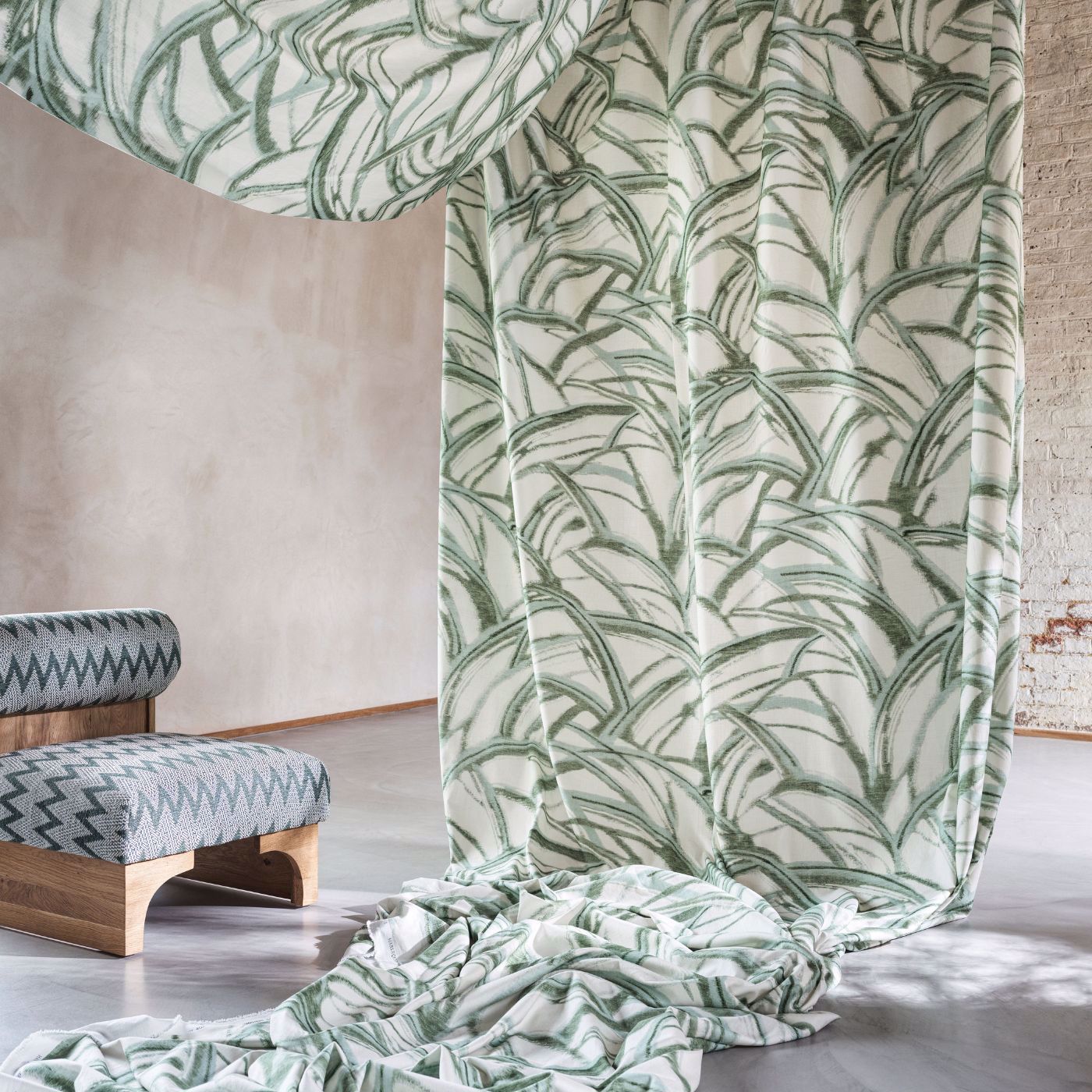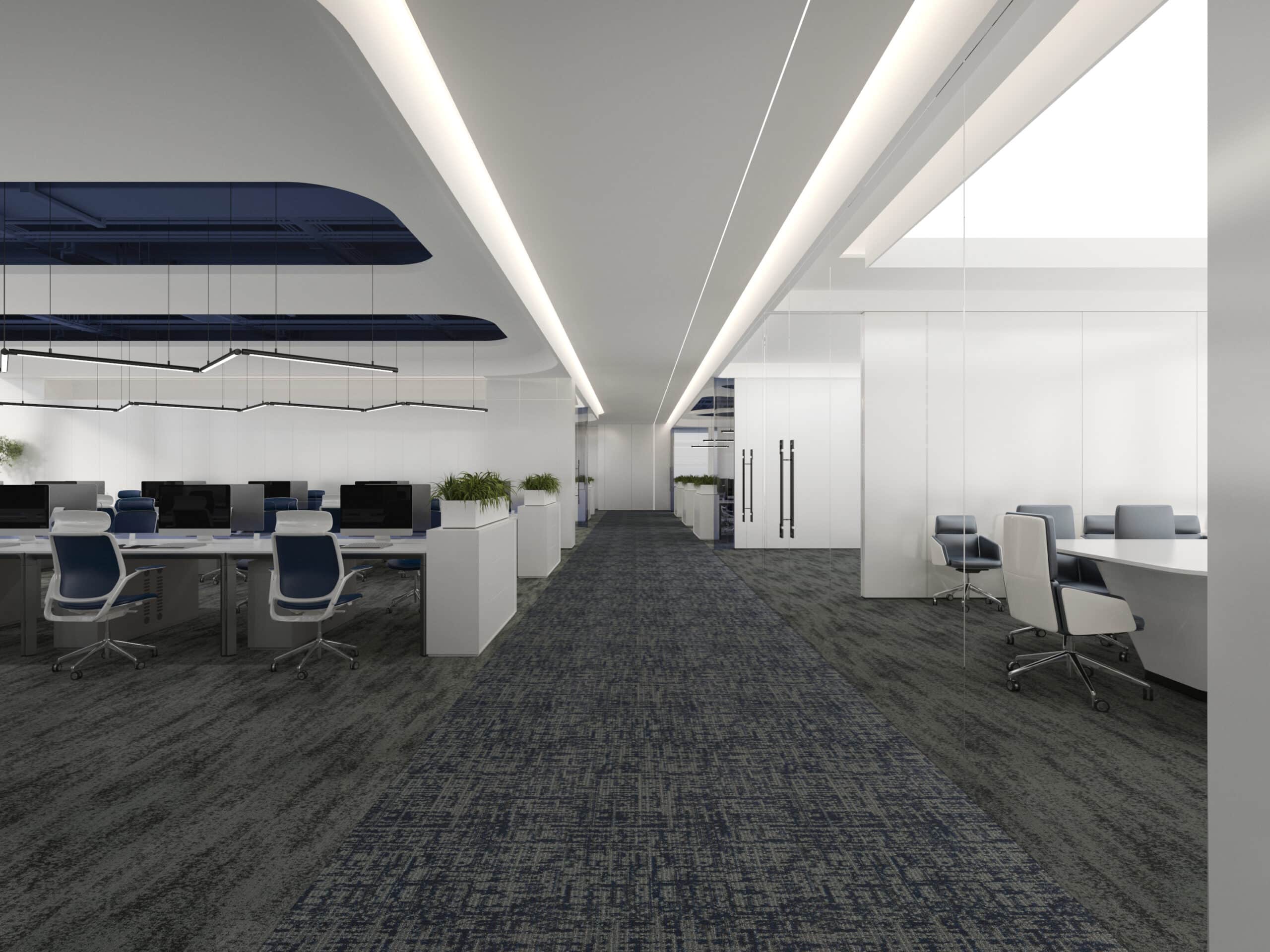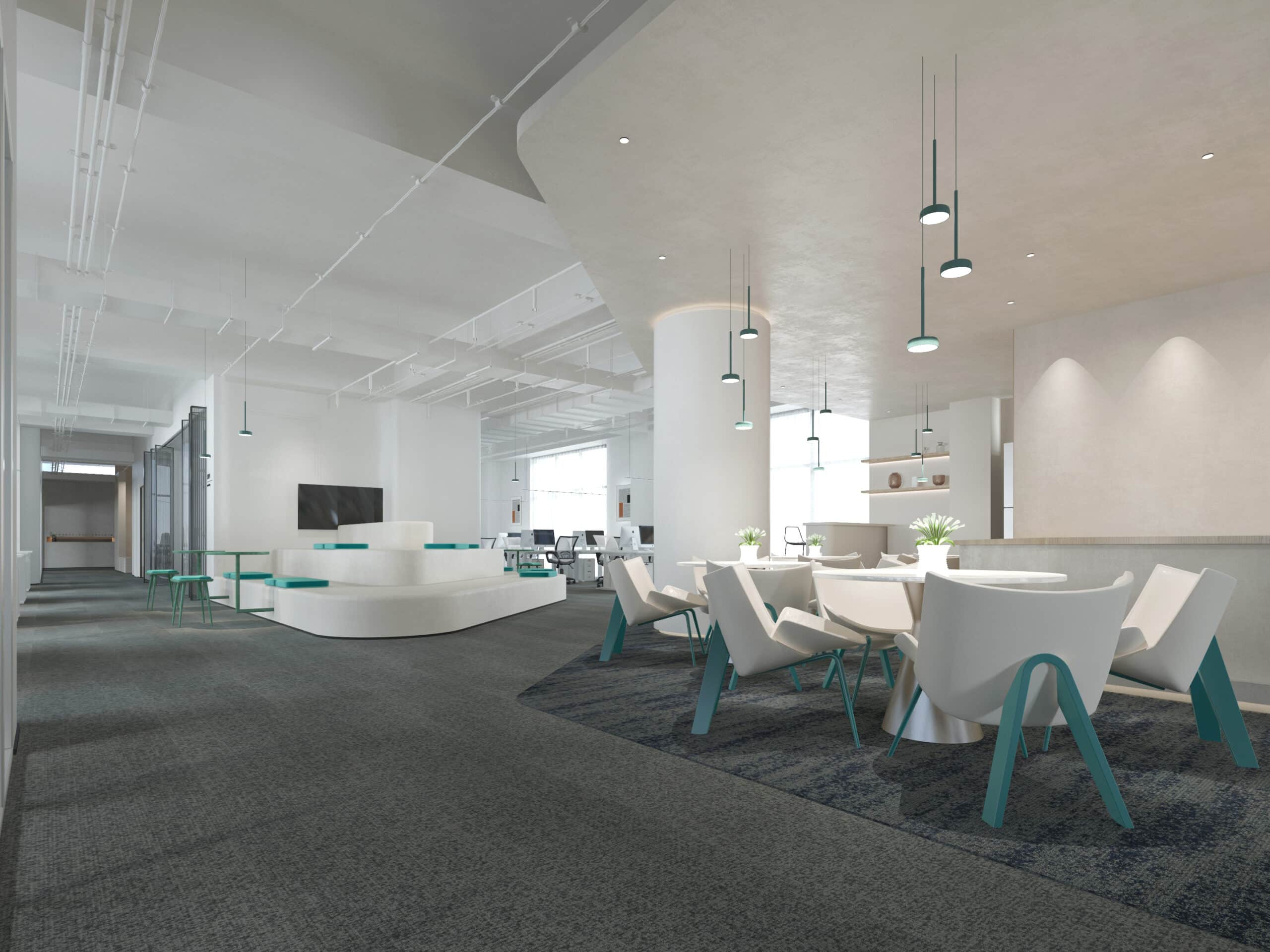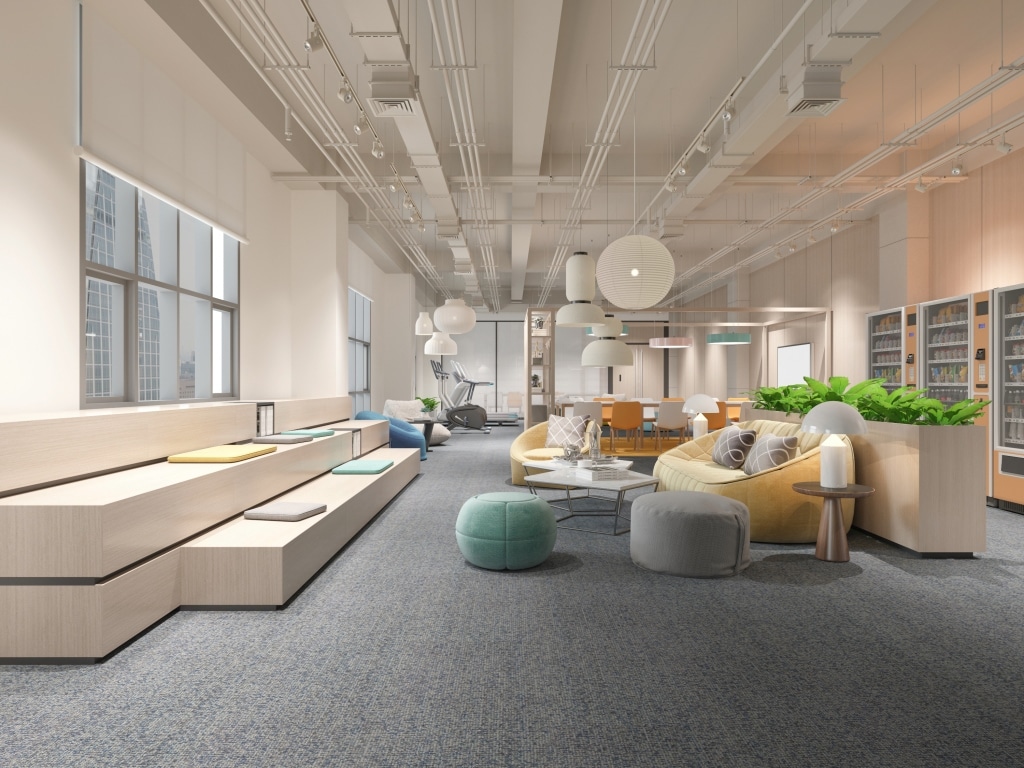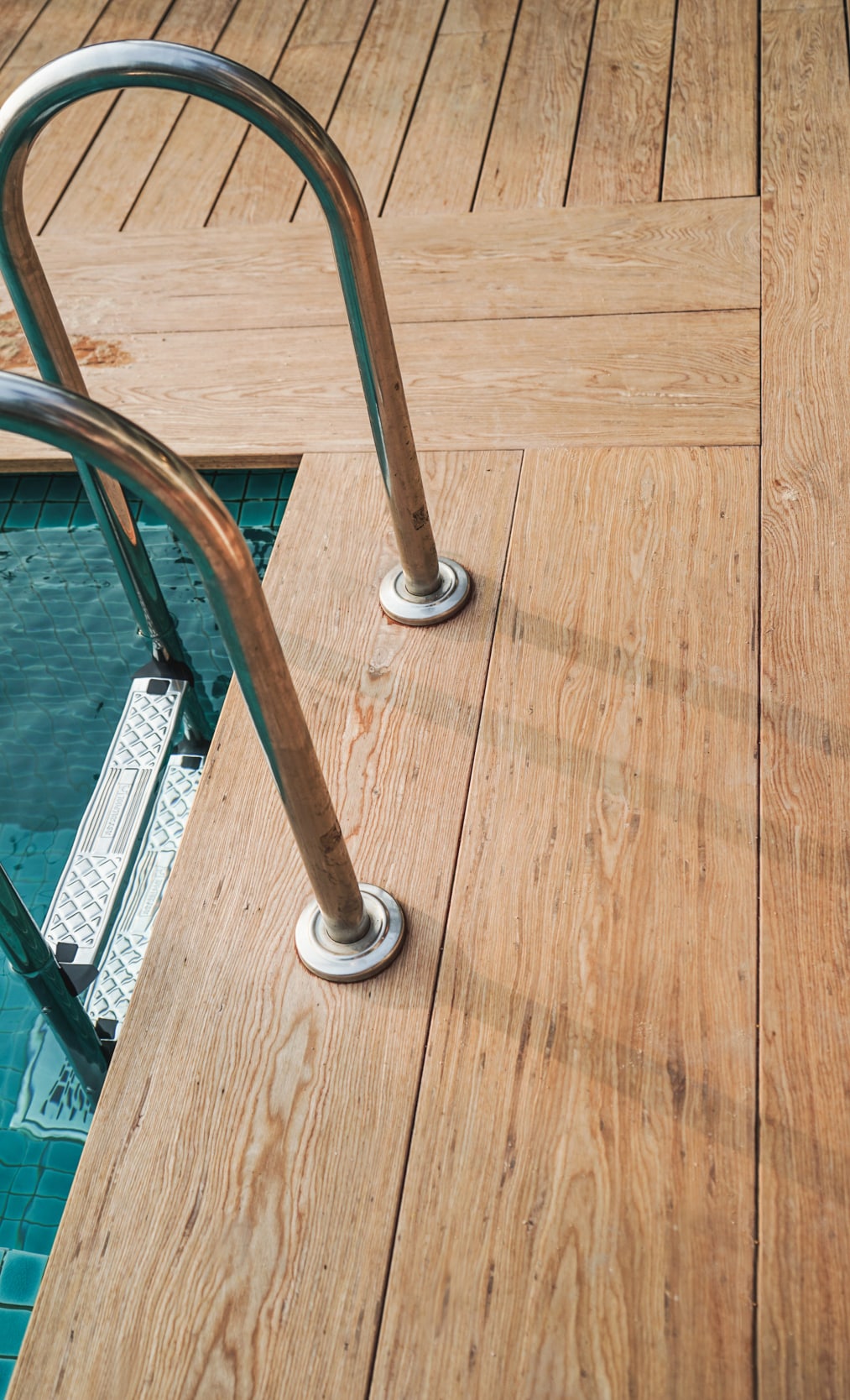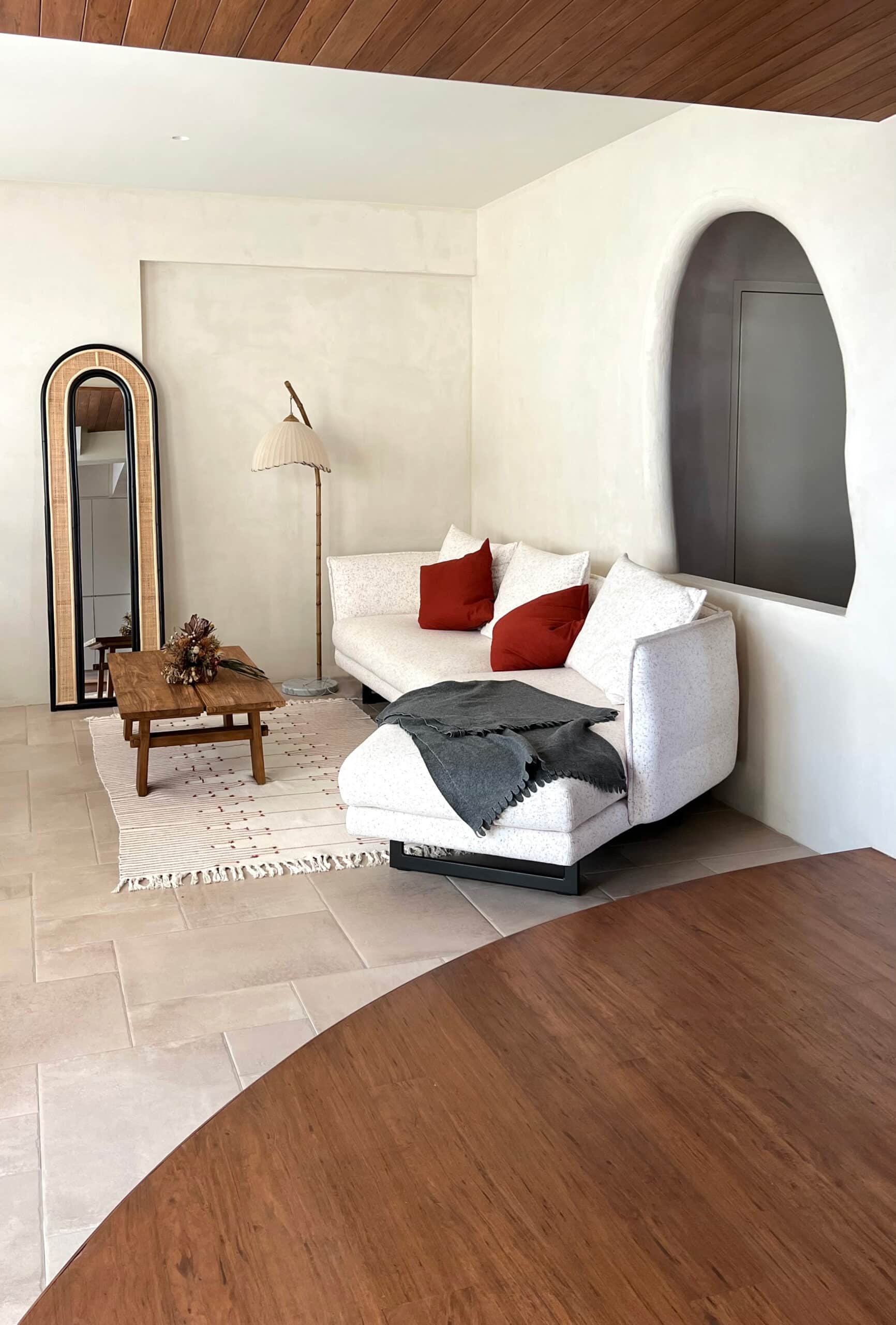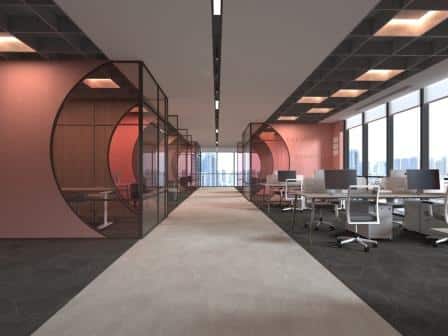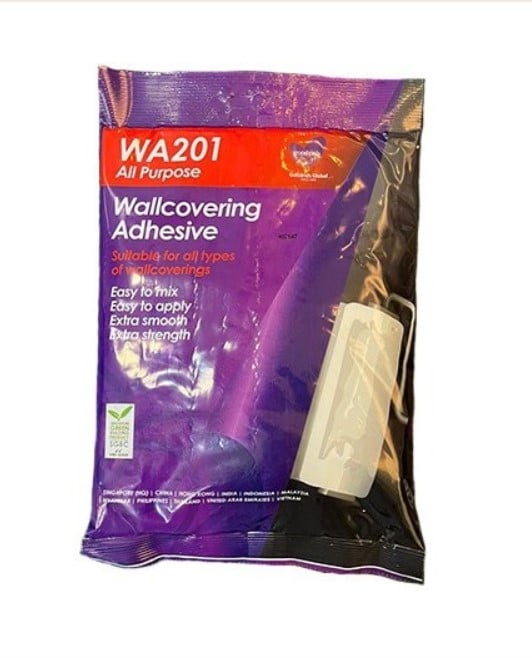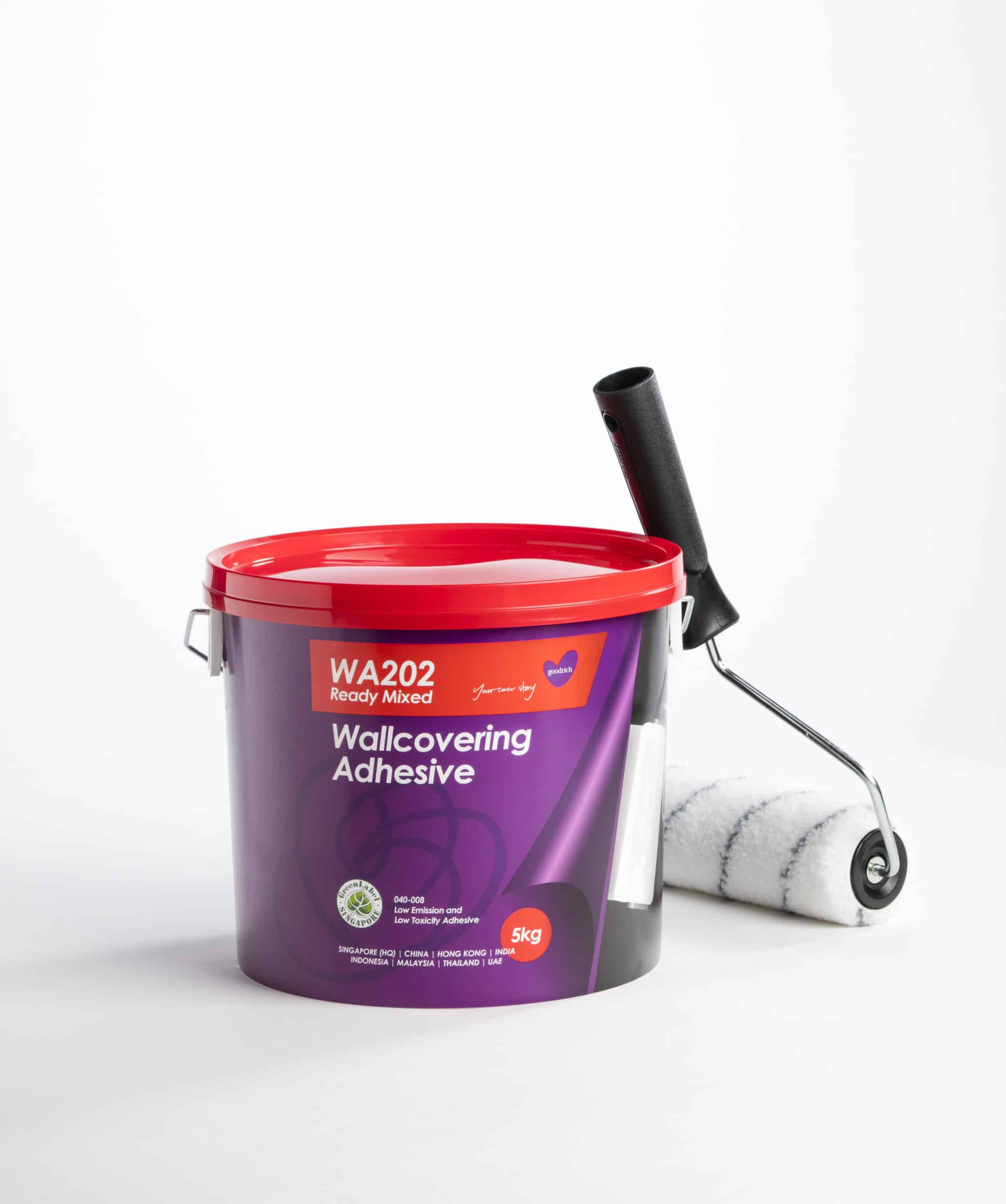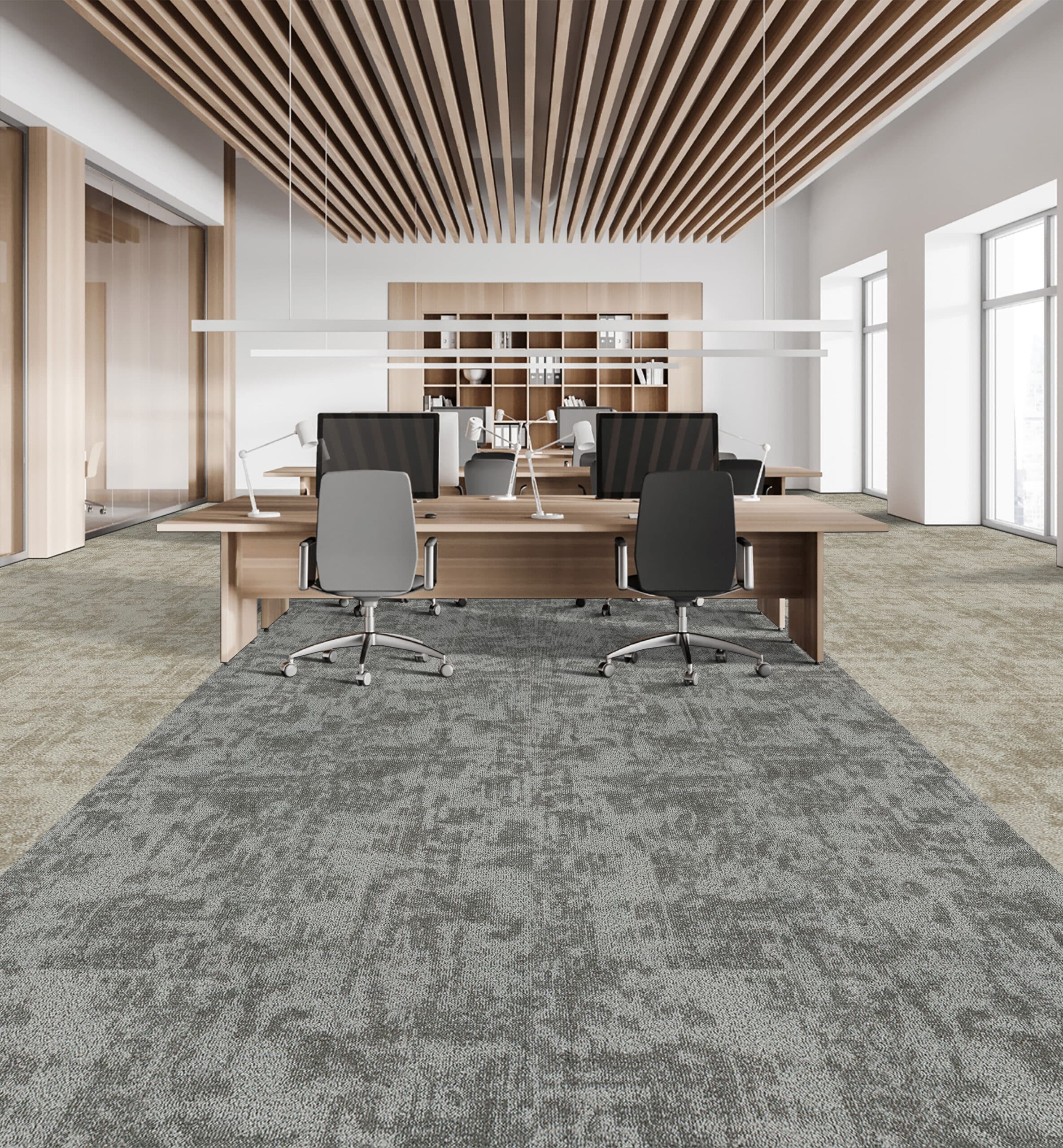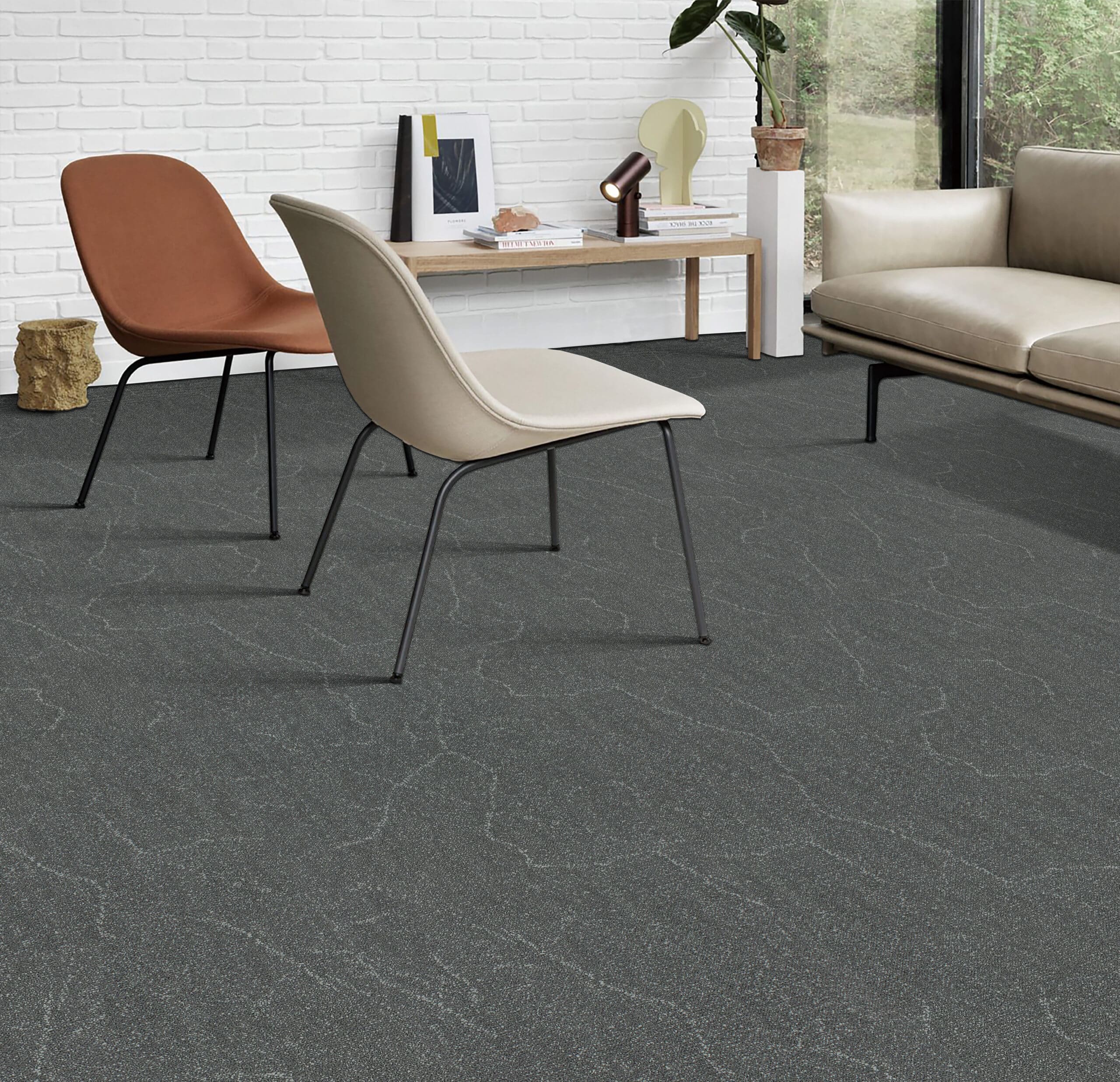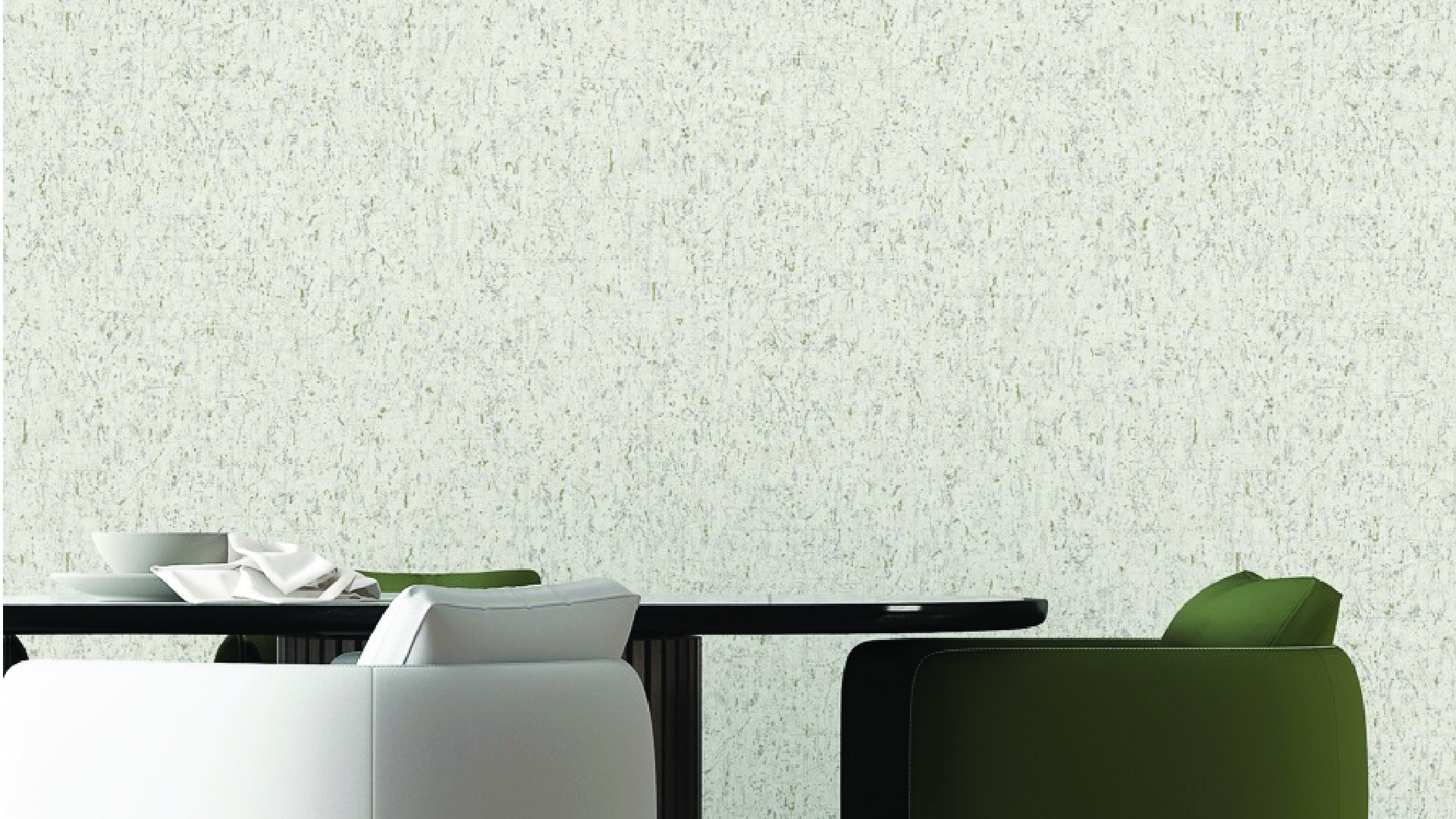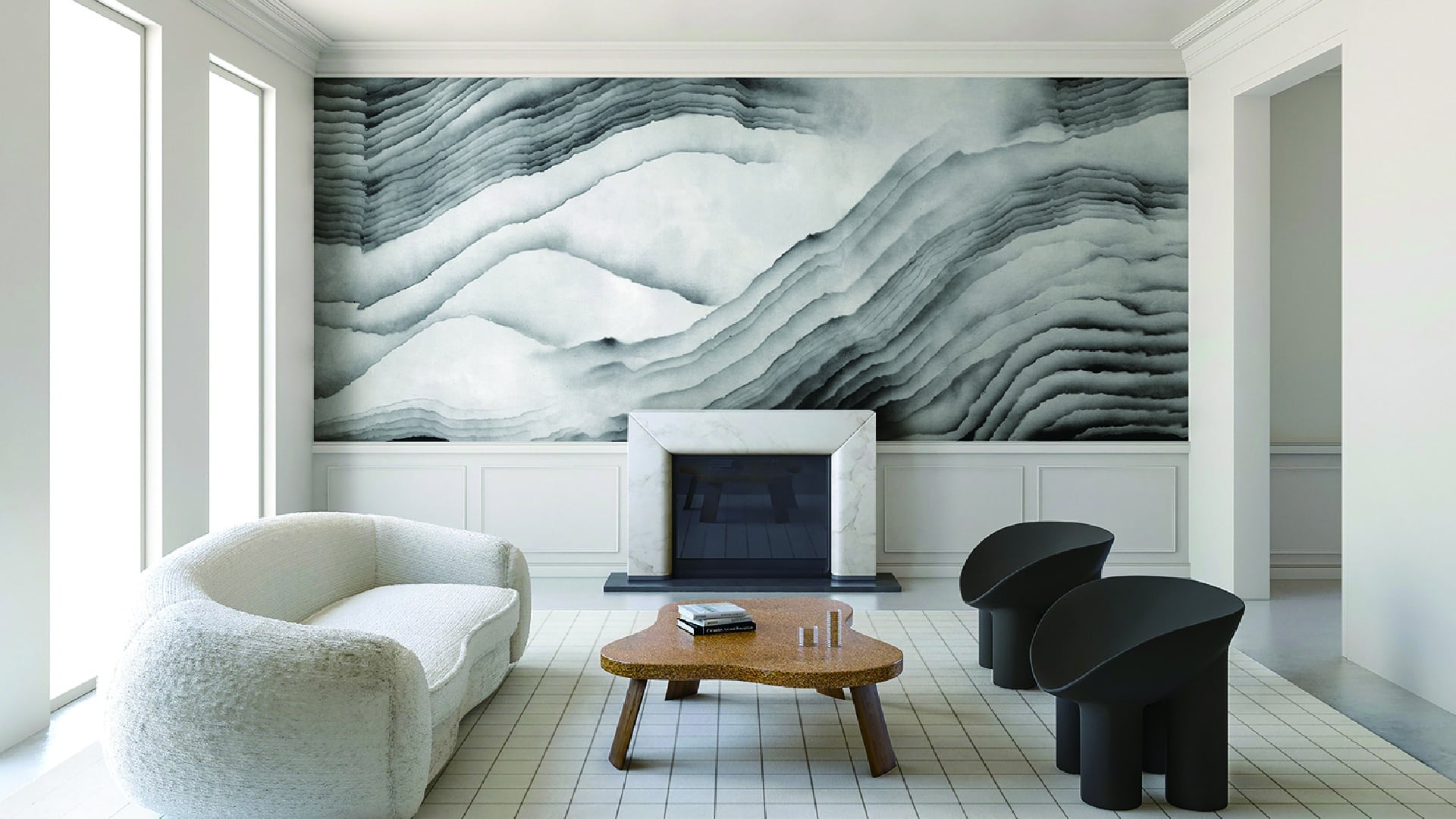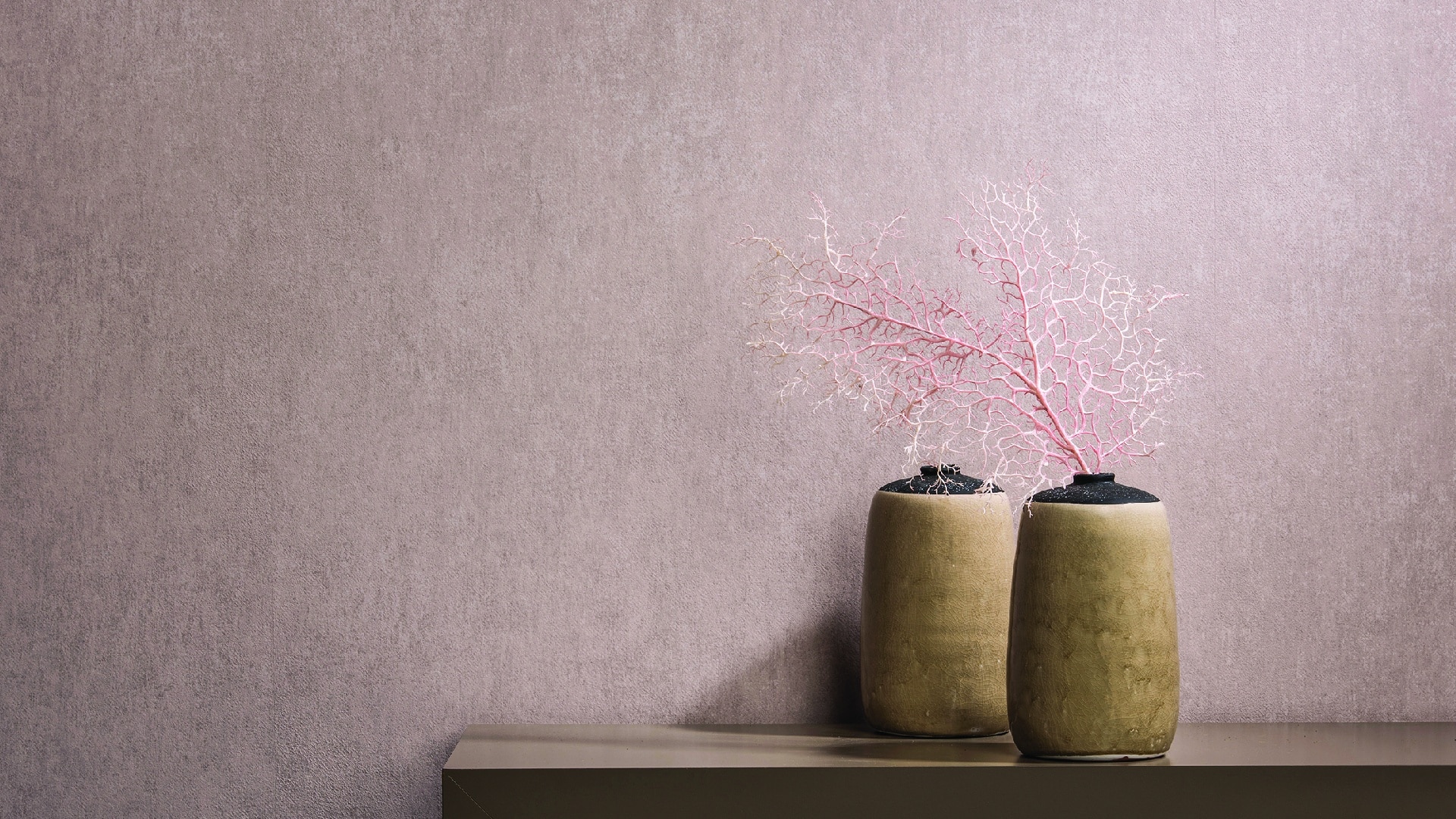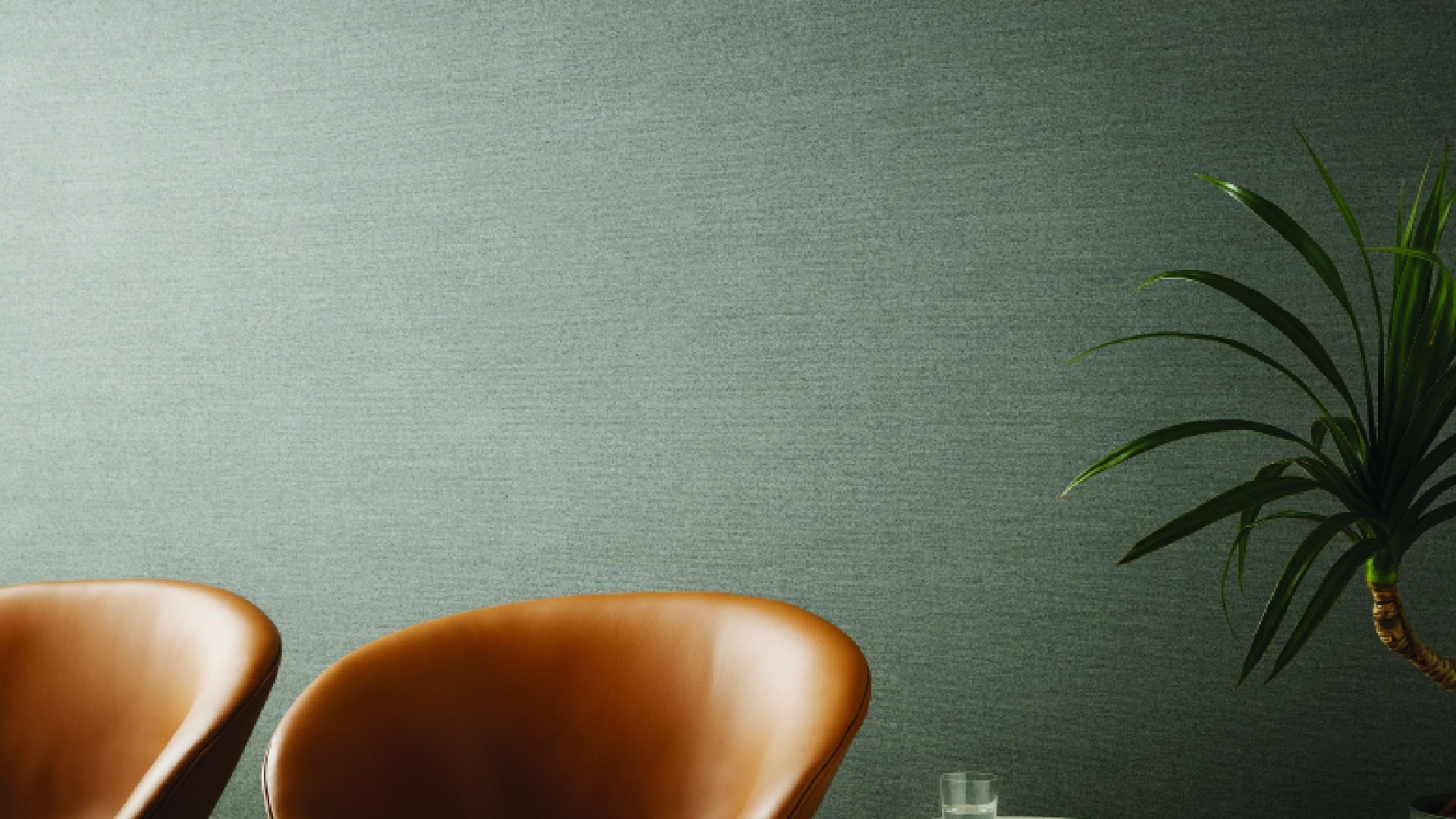Articles
Eco-friendly interior design solutions for sustainable spaces
Responsibly sourced wallcovering, fabric, flooring and carpet never looked so good
Green interior design is the way forward! As we learn to live in greater harmony with the natural environment, we’re all keen to find new eco-friendly and sustainable ways to improve and decorate our homes and spaces for work. Sustainable interior designs are about ensuring we have a lighter impact on our natural environment with the aim to create a green space that considers:
-
Using renewable energy sources to limit carbon footprint
-
Reducing energy consumption
-
Choosing sustainable, responsibly-sourced furnishings
-
Using low or zero VOC (volatile organic compounds) in interior furnishing
There are many ways you could invest in a more eco-friendly interior design. For design teams, there is a need for a balance between focusing on sustainability and ensuring the interior design is welcoming, comfortable and reflects the needs of occupants.
Sustainable interior design is discovering a potential product and service gap, which is becoming more important and discussed between industry professionals. When purchasing sustainable products for interior design, including decorating furnishing, seek suppliers who use renewable, recycled or reclaimed materials. When design teams are being pro-active with interior design, these sustainability goals can be met and the interior design industry can be leaders and drivers in global sustainability.
Imagining or reimagining spaces is what we do at Goodrich, and these sensibilities can feed directly into sustainability goals. Goodrich is committed to making any space a little greener by making thoughtful, more conscious choices in interior design and décor. Want to find out more about our focus on sustainability in design? Contact us now.
Is it really eco-friendly? Know the facts
Practice a healthy level of skepticism before trusting a product label that says “green.” When looking for green choices, know what materials and finishes make eco-friendly options. Look for certifications of sustainability. Many decorating furnishing can become certified by organizations dedicated to conservation and protection of the environment.
Benefits of sustainable design in hospitality
Adopting sustainability practices in hospitality design supports the environment and the wellness of guests in a number of ways. With these efforts, a hospitality venue can conserve resources, promote community, reduce energy use (perhaps to net-zero levels), lower waste, save water, improve air quality, increase natural light, improve wellness, reduce carbon footprint, save the ozone layer, and stabilize climate control.
Furthermore, stake holders benefit financially when they implement the sustainable design. These design elements and practices can help meet customers’ growing expectations, attract eco-conscious clients and conferences, give the establishment a competitive advantage, enhance the corporate identity, make it easier to meet brand standards and local regulations, increase occupancy, lower operating expenses, increase the life expectancy of building systems and equipment to reduce the reserves needed, and ultimately increase the asset’s value.
In the end, sustainable hospitality design will go a long way to improving the bottom line, while also helping to keep the world habitable for future generations.
Eco-friendly wallcovering that is beautiful and stylish
Going all green in interior furnishing can elevate a space from dull to beautiful. American and European wallcoverings from Symphony and Shades of Pale collections comes in fashionably bright colours and designs ideal for residential, hospitality and commercial projects.
Symphony wallcovering collection from J.Josephson is manufactured with zero usage of heavy metals such as lead, mercury, cadmium and chromium. It is also classified Class A Fire Ratings in accordance to American and European Standards. It is also low in volatile organic compounds (VOC) VOC and is also eco-friendly. The other Belgium manufactured ecological non-woven wallcovering, Shades of Pale by Omexco are made with recycled fibers and FSC certified materials. Furthermore, it is printed with solar energy, using water-based, solvent-free colours.
Eco-friendly vinyl flooring and outdoor decking
Welcome the great outdoors with WPC Outdoor Decking by GEFF which is suitable for residential, hospitality and commercial projects. They are available in durable vinyl, low maintenance laminate and Wood Polymer Composite (WPC). Also they are environmentally friendly and is accredited with IS) 14001, FSC PEFC, NWFA and the Singapore Green Label. On top of it, the dockings are certified with a least E1 on formaldehyde emission.
Carpets for cosy spaces
Commercial spaces are frequently in need of carpet tiles for their floorings so as to improve underfoot comfort and low walk-on noise.
City Element collection from PREMIERFLOOR is awarded the CRI Green Label Plus and the Singapore Green Building Certification. Besides being eco-friendly, carpet tiles are also used to improve room acoustics. They are available in a wide range of colours and designs. Designs are available in subtle structural stripes and neutrals teamed with luxe metallic yarns. These carpet tiles are ideal for commercial and hospitality projects. They are definitely lower in maintenances costs as compared with other flooring finishes.
Shield leathers for inspired skin textures
It is important to complement the wall and flooring finishes with suitable fabrics like Shield Leather in an eco-friendly interior design. This Shield Leather is a high-performance leather made from 100% silicone. It certainly has the best combination of leather textures and the superior advantages of silicone. It is inherently flame retardant and does not degrade from hydrolysis chemical. At the same time, it does not support microbiological growth. It can be used for indoor and outdoor upholstery and suitable to be used in residential, hospitality, commercial, healthcare projects. In addition, Shield Leather complies with California 01350 VOC emissions standards and certified ‘Gold’ for indoor air quality by SCS Global Service. And it is certified as an eco-friendly furnishing material by the Singapore Green Building Council.

